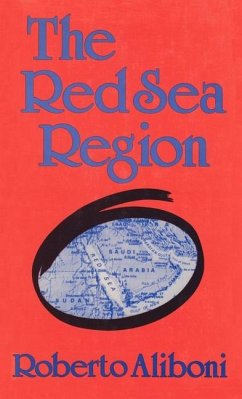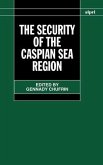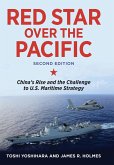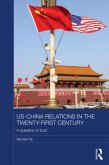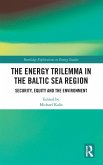Since the late 1970s the Red Sea has become extremely important both in international politics and in regional affairs. This new situation has come about because of the growing Soviet presence in the Horn of Africa and Saudi efforts to have the Red Sea treated as an 'Arab Lake'. This book examines the development of the Red Sea as a significant problem in superpower relations and assesses its relative importance in the context of other conflicts in the Gulf and elsewhere in the Third World. The book analyses Soviet interests in the Red Sea area and examines its record in seeking to intervene in the domestic politics of the region. The book also discusses the degree of regional stability in the Red Sea both in terms of inter-Arab relations and Afro-Arab regulations. This issue is considered against the background of the security of the Nile Valley. In conclusion the book argues that Saudi Arabia's regional policies aimed at enhancing internal and external security have proved destabilizing and in a wav even adventurous. By fermenting Somali national ism Saudi Arabia hoped to push the Soviets out of the Red Sea. In fact this policy reinforced the Soviet presence in the Horn of Africa. Similarly Saudi Arabia's regular interference in the domestic affairs of North Yemen may well prove extremely counter-productive. The book argues that the West's preoccupation with the region would lessen considerably if Saudi Arabia and Egypt would promote policies of co-operation, rather than destabilization at both inter-Arab and Afro-Arab levels.
Hinweis: Dieser Artikel kann nur an eine deutsche Lieferadresse ausgeliefert werden.
Hinweis: Dieser Artikel kann nur an eine deutsche Lieferadresse ausgeliefert werden.

